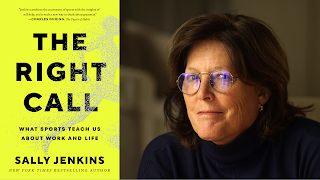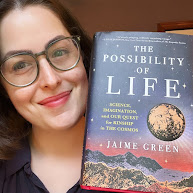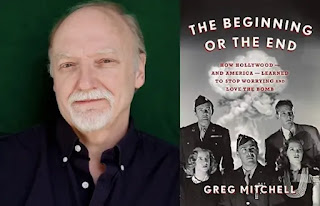In the 1960s, baby boomers captured the world's attention with their youthful zeal, setting the cultural tone for fifty years. Today, as they age, the spotlight has shifted to aging, reflecting our concerns about older leaders and a fondness for bygone times. The adage "60 is the new 50" is common, yet we must question the reality of modern aging. Has our progress truly allowed us to age more gracefully, and are there immutable aspects of aging? This is what Dr. Rosanne Leipzig examines in her new book "Honest Aging."
My conversation with Dr. Rosanne Leipzig:





